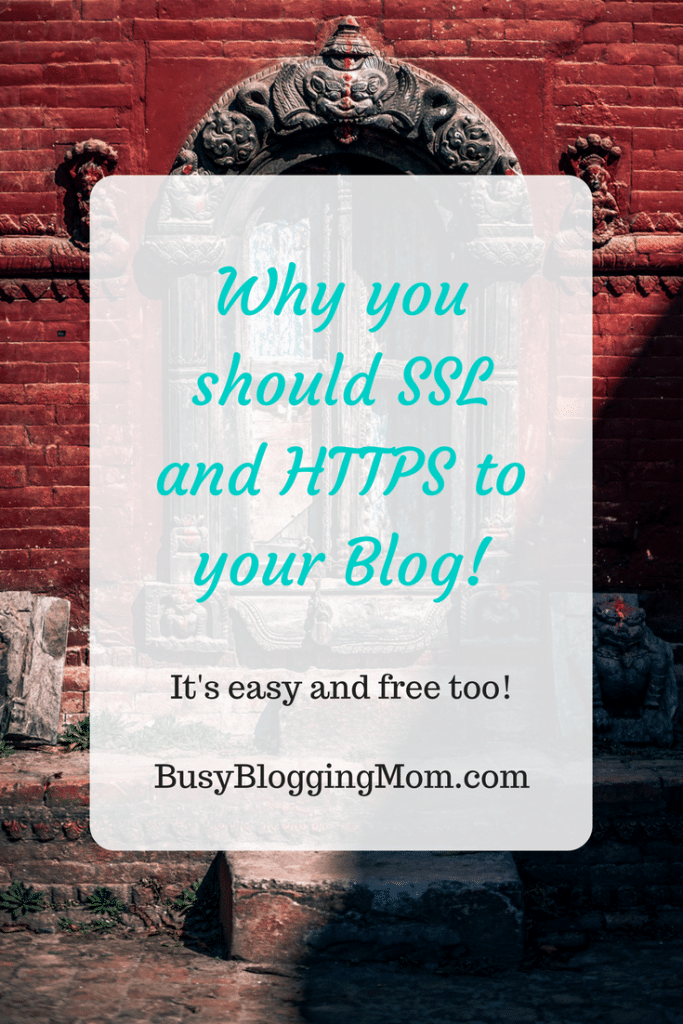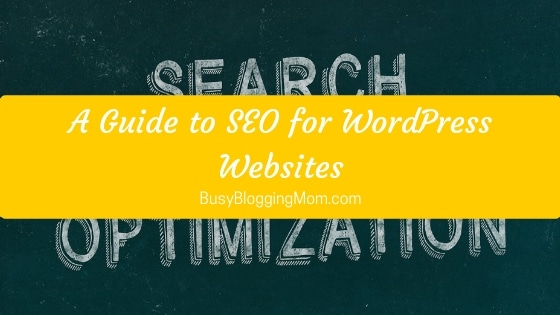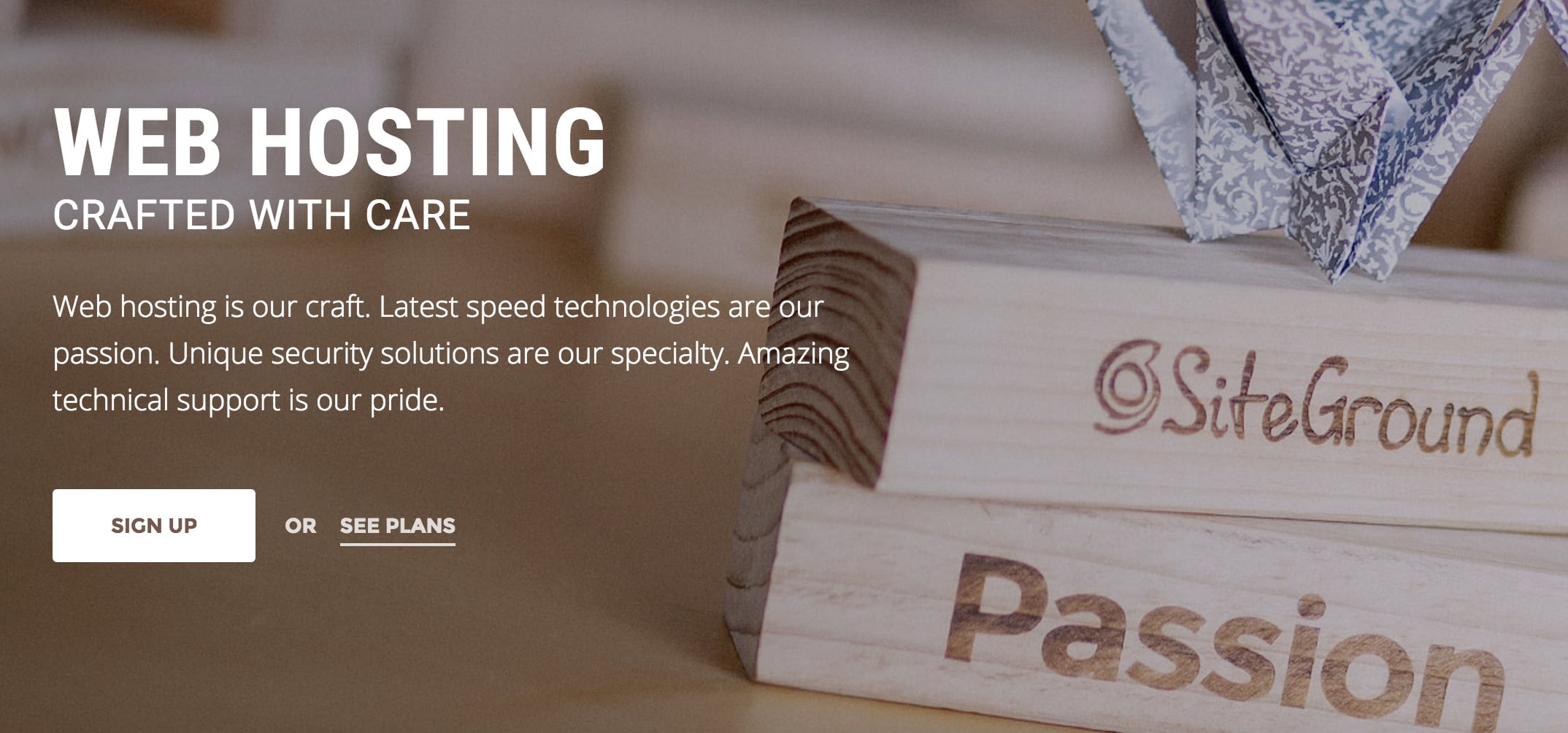If you are a regular BBM reader, maybe you noticed a change – all the pages on the site are now secure with SSL and has “https” at the beginning of the URL. This means that all our pages are secure.
If you run a blog or thinking about starting a blog, I hope this article will convince you that you should add SSL to your site.
Why is SSL Important for a Blog?
Web security and privacy are topics that often come up when talking with people who operate e-commerce sites or other sites that accept personal information from their readers.
There’s hardly a week that goes by where a large company isn’t in the news for failing to secure their site and, as a result, exposes user or other important data.
Securing your blog to protect your readers’ privacy can become necessary if they have to input any kind of personal information on your site. For most blogs, this is limited to name and emails when commenting, but also usernames and passwords if you allow members.
There are multiple ways an intruder can attack a site and access private data. Some of these ways you can control, some you can’t. Adding SSL is one way you can.

Adding SSL to your Blog
One place you can’t control is the route between your blog and the user’s computer. When someone visits a web page, data is sent to and from the website and user. The data by default is sent in plain text.
The risk here is that anyone who can gain access between these two points could potentially see what’s being sent.
This is bad for many reasons, the most obvious being that passwords can be stolen. Preventing this from happening should be high on any webmasters list of responsibilities.
Secure Sockets Layer is a web technology that has been around since almost the beginning of the internet. In simple terms, the SSL protocol encrypts data being sent between two locations on the web.
This directly addresses the risk explained above. With SSL enabled, anyone accessing the data between the user and blog/website will only get gibberish, ensuring the data remains private.
In the past, utilizing SSL was complicated and, in many cases, could even degrade the performance of the site employing it. Luckily, both issues today are mostly resolved.
Setting up SSL, depending on your host, can be as simple as clicking a button. The massive performance increase in today’s computers means additional overhead incurred from encrypting data has minimal effect on page load times. In almost every case, the pros of using https dwarf the cons.
Adding SSL to BusyBloggingMom.com
Earlier this month, I decided to add SSL to BBM. While I don’t sell anything directly on the blog (the ebook is sold via e-junkie, a secure site), we do get a lot of comments.
Moreover, Google even takes into account whether or not a site is secured with SSL when determining its page rank.
I use SiteGround to host the site and adding SSL is FREE with them. It was just a matter of clicking one button.
Exclusive 60% Discount on SiteGround Now!
The only disadvantage is that BBM lost all it’s Social Media Sharing numbers in the plugin I use on the site. This is sad. Some pages have thousand of shares. The shares still exist, but the numbers displayed are based on the links using “https” now.
That said, adding SSL and https should not affect traffic. All old links using “http” will redirect automatically to the new “https” links.
Is SSL Required for your Blog?
If you run a blog, there are a multitude of reasons to utilize SSL. The importance of protecting the privacy of both the readers of your site as well as your own can’t be overstressed. The advantage Google gives to sites with SSL is another one.
Whether you receive ten visits a day or a million there really isn’t an excuse not to enable it if you’re letting readers of your blog input information on your site. And if you’re with SiteGround, it’s free.














Leave A Comment